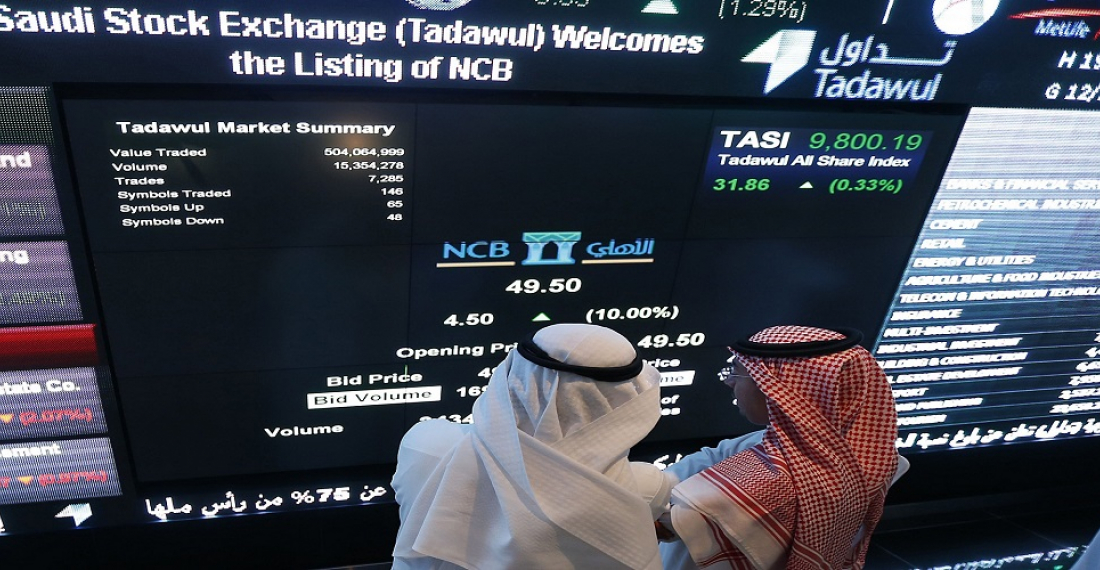Sovereign wealth funds in the Gulf countries are facing unprecedented challenges due to the rise of deficit and pressure to increase their financial obligations to state budgets.
The drop in crude oil prices, caused by the pandemic last year, may force Gulf countries to increase their deficits and requiring them to withdraw from their sovereign wealth funds.
According to the reports of international rating agencies, the countries of the region may resort to liquidating part of their foreign investments in the sovereign funds rather than withdrawing from their foreign reserves with central banks to avoid disturbing the exchange rate of their currencies.
The budget deficit of the Gulf states will reach 490 billion dollars in the four years from 2020 to 2023, due increased financial requirement and low oil revenues, according to estimates by Standard & Poor's.
In a recent report, Moody's Investors Service said that Saudi Arabia and Oman are more vulnerable to a decline in sovereign assets in the medium term.
Moody's added that the repercussions will lead to a significant erosion of protective margins in Saudi Arabia and the Sultanate of Oman, which reduces the financial strength of their sovereign funds and increases external risks.
"In the case of Oman, a large double deficit will lead to a decrease in both international reserves and sovereign wealth fund assets, which increases the risks of external vulnerability in the medium term," the report states.
As for Qatar and Abu Dhabi, sovereign wealth funds are sufficient enough to cover decades of fiscal deficit at current levels.
On the other hand, Kuwait faces the depletion of its liquid assets due to poor legislative framework despite having a huge stock of assets in its sovereign wealth fund. The legislative approval of the Kuwait public debt law has been suspended since October 2017.
Kuwait needs to liquidate a maximum of $ 15 billion to cover public budget expenditures during the next fiscal year (2021/2022), as per Moody's estimates. The country faces a difficult choice of either passing the pubic debt law or increasing taxes to make up for the losses.
Sovereign wealth funds are investment entities estimated at trillions of dollars. They are tasked with managing the financial wealth and reserves of countries. They consist of various assets such as real estate, stocks and bonds, and represent the investment arms of countries with financial surpluses.
Although the reputation of that type of sovereign wealth funds in the Gulf countries or their media appearance is considered relatively recent, some of these same funds were established long before. One of them is the Kuwait Fund, which is the first sovereign fund in the world, as it was established in 1953 under the name of the Kuwait Investment Authority (KIA).
The sovereign wealth fund was established in Abu Dhabi in 1976 under the name of the Abu Dhabi Investment Authority, while Dubai established its own fund in 2006, and the Qatar Investment Fund was established in 2005. Saudi Arabia had several funds until they were united under one entity in 2015 as part of the 2030 vision.
Sovereign funds around the world incurred huge losses due to the repercussions of the pandemic. According to a report by Reuters in late March, sovereign wealth funds around the world lost more than 225 billion dollars, with the share of Gulf funds including $ 300 billion.







